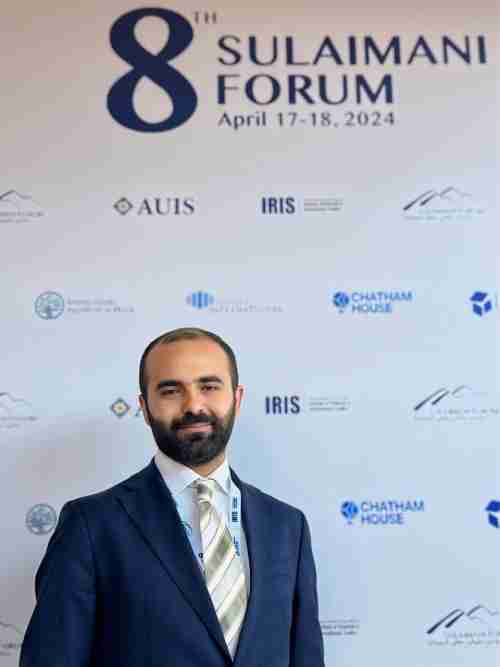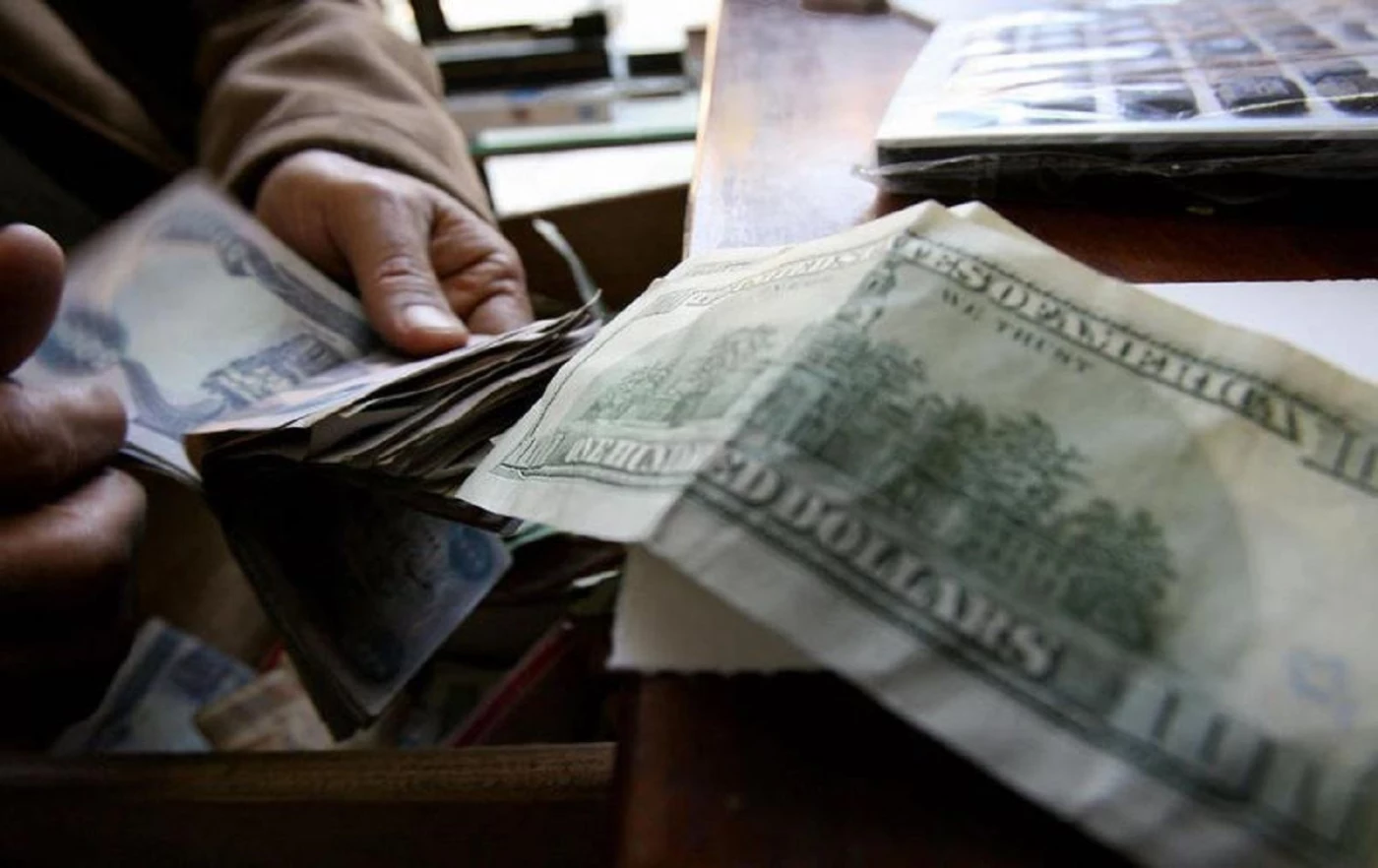ERBIL, Kurdistan Region of Iraq - The US is turning its attention to Iraq’s state-owned Rafidain Bank, with growing calls to impose sanctions on it over allegations that it serves as a channel for smuggling dollars to Iran. Politicians and academics warn that such a move could lead to financial turmoil in Iraq, where Rafidain is one of the country’s most critical government banks, responsible for handling large portions of state funds and international transactions.
Republican Congressman Joe Wilson, in a post on X, urged the US Treasury Department to impose sanctions on Rafidain Bank, claiming that it is facilitating large-scale transfers of money to Iran.
“Max pressure on Iran means max pressure on Iraq.” Wilson wrote, calling to the Treasury Department to “Start with Rafidain Bank… and stop letting Iraqi militias and the Iranian regime smuggle $500-600M a month from Iraq’s biggest bank. Trump will fix it.”
With Donald Trump back in the White House, concerns are mounting among Iraqi officials and financial experts that sanctions on Iraq’s banking system, especially on Rafidain Bank, could trigger economic instability.
A recent White House memo emphasized stricter measures against Iran, which has fueled calls within the US political establishment to sever financial support for Iraqi entities suspected of transferring funds to Iran and impose sanctions on key institutions. Rafidain Bank has been singled out due to allegations that it enables money transfers to Iran and Iranian-backed armed groups.
Banking and financial expert Nawar al-Saadi told The New Region that any US sanctions on Iraq’s official banking system would have far-reaching consequences for the country's financial and economic stability.
“If these sanctions are implemented, we will see a sharp increase in the exchange rate of the US dollar in Iraq, along with a significant decline in foreign investment across multiple sectors,” Saadi said. “The economic ripple effects would be severe.”
He explained that restrictions could increase Iraq’s budget deficit and limit liquidity, making it difficult for the government to pay employees' salaries. Iraq’s oil revenues are deposited in US banks before being transferred to Iraq, meaning that Washington could delay or block these transfers, pushing Iraq into an unprecedented financial crisis.
“This would be Iraq’s worst financial crisis in modern history,” Saadi warned. “Sanctions on Iraq’s banking system are far more dangerous than previous restrictions imposed on private banks. This would impact the entire economy.”
The Iraqi parliament’s finance committee also raised alarms over the potential consequences of US sanctions on the country's banking system, warning that such a move could lead to an economic collapse.
Mustafa al-Karaawi, a member of the committee, told The New Region that although no official US decision has been made, Iraq should take the threats seriously.
“Iraq’s economic and financial situation could collapse if the US imposes sanctions on its banking system. The consequences would be truly catastrophic,” Karaawi said.
While some experts believe the threats are a political tool aimed at pressuring Iraq on other issues, Karaawi urged Iraqi officials to engage in diplomatic efforts to prevent such measures. “These types of threats cannot be ignored,” he said. “If they materialize, the impact would be devastating for the country’s economy.”
On Tuesday, Trump signed a national security presidential memorandum, restoring his maximum pressure policy on Iran and detailing a series of new economic measures against the Islamic republic. The memo directed US agencies to strengthen financial restrictions by maintaining countermeasures within the Financial Action Task Force (FATF), tightening regulations on revenue channels, and increasing compliance requirements for financial institutions dealing with Iran.
The document explicitly called for preventing Iran from using Iraq’s financial system to evade or circumvent US sanctions. It also directed US authorities to ensure that Gulf nations are not used as transshipment points for sanction evasion, signaling a broader crackdown on illicit financial flows in the region.
The language of the memo has raised concerns in Iraq, as it directly references its financial system as a potential enabler of Iranian economic activities.
Political analyst Aqeel Abbas said the developments mark a significant shift in US policy toward Iraq, indicating that Washington now views Baghdad as part of Iran’s sphere of influence.
Speaking to The New Region, Abbas noted that previous US administrations handled such issues diplomatically, applying pressure behind the scenes. The public nature of the recent memo, he argued, suggests that Iraq is no longer being treated as a strategic ally.
“This is a clear transformation in US-Iraq relations,” Abbas said. “Iraq will no longer enjoy exemptions on oil and electricity deals, nor will the US work closely with its government to help it reduce economic dependence on Iran.”
Abbas warned that if the situation escalates and sanctions extend to Iraq’s central bank, it could trigger a full-scale financial crisis.
“A disaster is very possible,” he said. “If the US treats Iraq as an ally of Iran and moves directly toward economic sanctions, we could see an economic collapse.”



 Facebook
Facebook
 LinkedIn
LinkedIn
 Telegram
Telegram
 X
X


